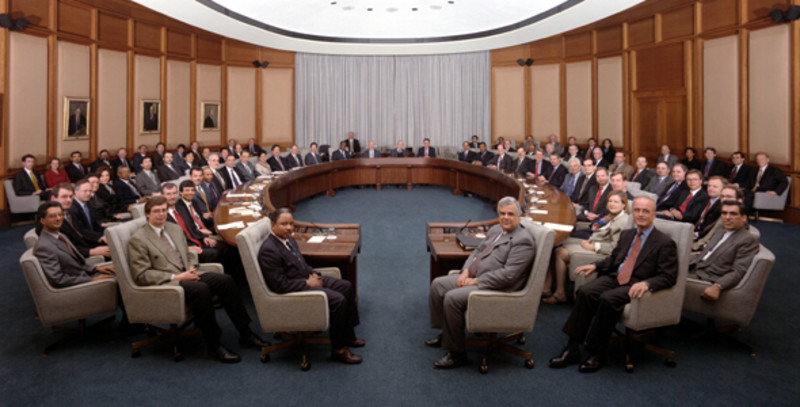If you were holding onto hope that this past year of economic turmoil was nearing an end, the Big Kahuna of global monetary policy just said, “dream on,” forecasting more doom and gloom into next year but not outright saying a recession is on the way.
Driving the news: The International Monetary Fund (IMF) downgraded its 2023 forecast for growth in the Canadian economy last week from 3.3% to a measly 1.5% per the Globe and Mail.
- A global outlook report also predicts that the three largest global economies—the US, China and the Eurozone—will continue to struggle into the following year.
- IMF economists cite the war in Ukraine, high energy and food prices, and stubborn inflation combined with soaring interest rates as the primary reasons for the downturn.
Okay, but what is the IMF and who put them in charge? The international organization was created towards the end of WWII as part of the Bretton Woods system, and it helps keep the global financial system running smoothly (or tries to, at least).
It does this in three ways:
-
Lending: Issuing loans to nations who get into debt trouble.
-
Capacity building: Providing training and technical assistance for governments.
- Surveillance: Keeping an eye on the economic health of member countries..
With data from 190 member nations, the IMF has a pretty decent crystal ball when it comes to the global economy, which is whytheir dire warning has politicians and central bankers rattled.
Yes, but: Some economists hold an even more pessimistic view. Oxford Economics has taken a hard line in their forecast that a recession is on the horizon—especially in Canada, per the Financial Post.
